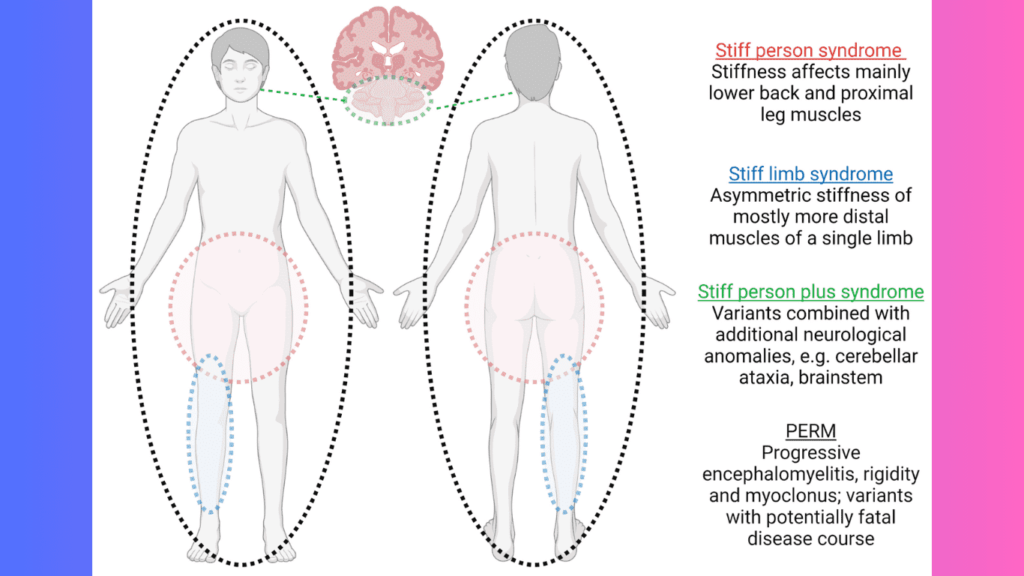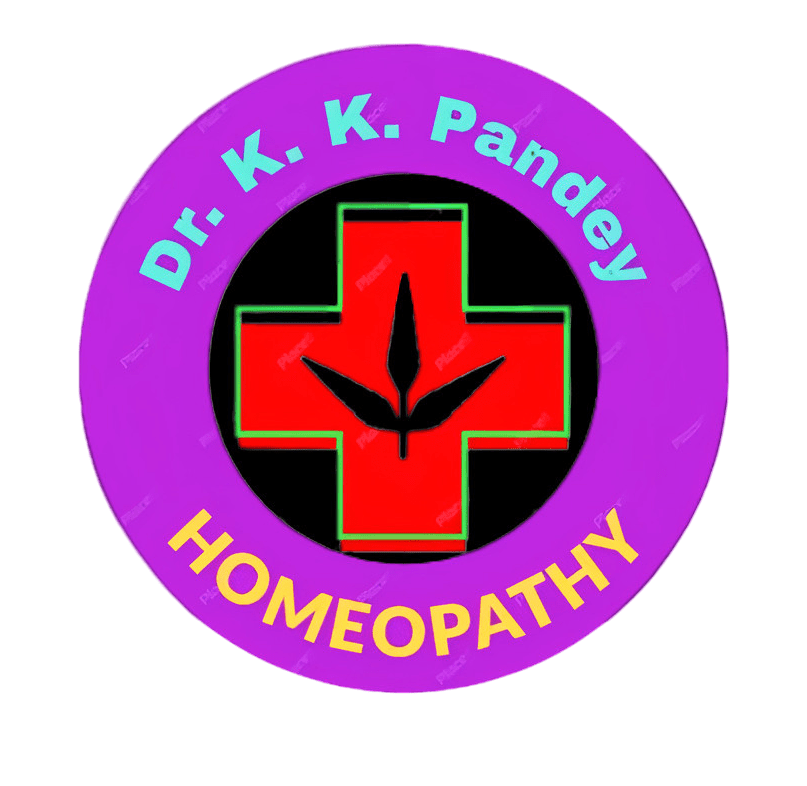
While contending with Stiff-person syndrome, a rare neurological condition impacting Celine Dion. She took a hiatus from her performances last year, her mobility and singing abilities. Revealing more about Dion’s condition, her sister Claudette Dion recently shared that Celine struggles with a lack of muscle control.
Understanding Stiff-Person Syndrome: Symptoms and Impact on Individuals
Table of Contents
- 1 Understanding Stiff-Person Syndrome: Symptoms and Impact on Individuals
- 2 Exploring Celine Dion’s Journey with Stiff-Person Syndrome: Navigating Challenges in Life and Career
- 3 Understanding the Effects of Stiff-Person Syndrome on Muscle Control: Insights from the Medical Perspective
- 4 Who is Claudette Dion?
Stiff-Person Syndrome (SPS) is an uncommon neurological disorder that profoundly affects a person’s muscle control and coordination. This condition is characterized by episodes of muscle stiffness and spasms, leading to difficulties in movement and posture. While the exact cause remains unclear, SPS is often associated with autoimmune factors, where the body’s immune system mistakenly attacks its own nerve cells.
Symptoms: Stiff-Person Syndrome
Individuals with Stiff-Person Syndrome typically experience episodes of muscle stiffness that can be severe and debilitating. These stiffness episodes can affect various muscle groups, often starting in the back or legs and then spreading to other parts of the body. The stiffness are frequently accompanied by muscle spasms or sudden, involuntary contractions.
Other common symptoms of Stiff-Person Syndrome include heightened sensitivity to external stimuli. Individuals may become more reactive to loud noises, emotional stress, or physical touch, exacerbating muscle stiffness and discomfort. Additionally, affected individuals may adopt a characteristic hunched or stooped posture during episodes of stiffness.
Impact on Daily Life: Stiff-Person Syndrome
Stiff-Person Syndrome can significantly impact a person’s daily life and activities. The unpredictable nature of muscle stiffness episodes can lead to difficulties in performing routine tasks, affecting mobility and independence. The heightened sensitivity to stimuli may also contribute to social challenges and increased stress for individuals with SPS.
The impact on quality of life extends beyond the physical symptoms. Emotional and psychological well-being may be affected due to the chronic nature of the condition, its unpredictability, and the challenges it poses in social and professional settings.
Diagnosis and Treatment:
Diagnosing Stiff-Person Syndrome can be challenging, as there is no specific test for this condition. Healthcare professionals often rely on a combination of clinical symptoms, medical history, and specialized tests to arrive at a diagnosis.
Treatment approaches for Stiff-Person Syndrome aim to manage symptoms and improve the individual’s quality of life. Medications such as muscle relaxants, anti-anxiety drugs, and intravenous immunoglobulin (IVIg) therapy, which involves administering natural antibodies from healthy donors, are commonly used to alleviate muscle stiffness and spasms.
While Stiff-Person Syndrome presents unique challenges, ongoing research is essential to better understand the underlying mechanisms of the disorder and to explore more targeted and effective treatment options. Additionally, raising awareness about SPS is crucial to providing support and understanding for individuals and their families affected by this rare neurological condition.
Celine Dion, the renowned Canadian singer, has faced a significant health challenge in the form of Stiff-Person Syndrome (SPS). This rare neurological disorder has had a profound impact on both her personal life and illustrious career.
Celine Dion’s experience with Stiff-Person Syndrome began when she took a step back from performing, grappling with the effects of the condition. SPS, characterized by episodes of severe muscle stiffness and spasms, has presented unique challenges for the singer, affecting her ability to walk and perform on stage.
The unpredictability of muscle stiffness episodes in Stiff-Person Syndrome has undoubtedly posed challenges in Celine Dion’s daily life. Simple tasks that many of us take for granted become intricate feats for someone contending with this condition. Navigating through these challenges requires resilience and a reevaluation of how routine activities are approached.
In the realm of her professional career, Stiff-Person Syndrome has brought about adjustments and contemplations. Concert dates were rescheduled, and ultimately, Celine had to cancel the remaining dates of her world tour in May 2023 due to health concerns related to SPS. The impact on her ability to perform, travel, and maintain the rigorous schedule of a global music icon is evident.
Despite the hurdles, Celine Dion’s openness about her diagnosis has contributed to raising awareness about Stiff-Person Syndrome. Her journey has shed light on the realities of living with a rare neurological disorder, fostering understanding and compassion.
It is crucial to recognize the strength and determination exhibited by Celine Dion as she faces the challenges posed by Stiff-Person Syndrome. Her experience serves as an inspiration to others contending with health adversities, emphasizing the importance of resilience and openness in the face of life-altering conditions. As the world watches and supports her journey, Celine Dion’s experience with Stiff-Person Syndrome becomes a testament to the human spirit’s ability to persevere in the face of adversity.
Understanding the Effects of Stiff-Person Syndrome on Muscle Control: Insights from the Medical Perspective

Stiff-Person Syndrome (SPS) poses a distinctive challenge to individuals due to its profound impact on muscle control. From a medical standpoint, exploring the effects of this rare neurological disorder on muscle function provides valuable insights into the complexities of the condition.
Muscle Stiffness and Spasms:
One of the hallmark characteristics of Stiff-Person Syndrome is the occurrence of episodes marked by severe muscle stiffness and spasms. These episodes can affect various muscle groups, causing significant discomfort and limiting normal movement. Understanding the mechanisms behind these episodes is crucial to developing effective management strategies.
Sensitivity to Stimuli:
Individuals with Stiff-Person Syndrome often experience heightened sensitivity to external stimuli, such as loud noises, touch, and emotional stress. This increased sensitivity can exacerbate muscle stiffness and contribute to the challenges faced by those living with SPS. Examining the relationship between stimuli and muscular response provides important insights into the condition’s nuances.
Postural Changes:
Stiff-Person Syndrome can also lead to distinctive postural changes, with individuals adopting hunched or stooped position during episodes of muscle stiffness. Exploring the impact of these postural changes on daily life activities and mobility is essential for a comprehensive understanding of the condition’s effects.
Neurological and Autoimmune Components:
Medical experts recognize that Stiff-Person Syndrome involves both neurological and autoimmune components. The immune system’s misdirected attack on the body’s nerve cells contributes to the muscle-related symptoms. Examining the interplay between the nervous and immune systems helps unravel the underlying mechanisms of the disorder.
Diagnosis and Treatment Challenges:
Diagnosing Stiff-Person Syndrome can be intricate, as there is no single definitive test for the condition. Healthcare professionals rely on a combination of clinical symptoms, medical history, and specialized tests to make an accurate diagnosis. Treatment strategies often involve a multidisciplinary approach, including medications to alleviate muscle symptoms and therapies aimed at improving overall quality of life.
In summary, gaining medical insights into the impact of Stiff-Person Syndrome on muscle control involves understanding the intricate connections between neurological, immunological, and muscular systems. This knowledge not only enhances diagnostic capabilities but also guides the development of targeted interventions to improve the lives of individuals affected by this rare and challenging neurological disorder.
Celine Dion’s Sister Advocates: Shedding Light on Stiff-Person Syndrome
In the journey of grappling with Stiff-Person Syndrome, Celine Dion’s sister, Claudette Dion, has emerged as a vocal advocate, fervently raising awareness about this rare neurological disorder. Claudette’s advocacy brings to the forefront the need to understand and support individuals facing the challenges posed by Stiff-Person Syndrome.
1. Raising Awareness:
Claudette Dion’s efforts extend beyond personal concerns, as she endeavors to bring attention to the lesser-known aspects of Stiff-Person Syndrome. Through her advocacy, she aims to dispel the lack of awareness surrounding the condition, emphasizing the importance of knowledge in fostering compassion and support.
2. Foundation for Support:
As the CEO and spokesperson for the Fondation Maman Dion, an organization founded by their mother to assist underprivileged children, Claudette leverages her platform to amplify the voices of those affected by Stiff-Person Syndrome. The foundation becomes a crucial space for gathering support, sharing information, and fostering a sense of community for individuals navigating the complexities of the disorder.
3. The Human Side of Stiff-Person Syndrome:
In speaking out about Celine Dion’s experience, Claudette humanizes the impact of Stiff-Person Syndrome. By sharing personal insights and challenges, she provides a relatable perspective that goes beyond medical terms, making the condition more accessible to the public and, in turn, encouraging empathy and understanding.
4. Navigating the Unknown:
Claudette Dion’s advocacy also sheds light on the uncertainties surrounding Stiff-Person Syndrome. With limited research available due to the condition’s rarity, she emphasizes the challenges faced by those diagnosed and the importance of continued efforts to expand knowledge, funding, and support networks.
5. Dreaming of a Return:
Claudette shares the collective dream with Celine Dion’s fans – the hope for her return to the stage. The unpredictable nature of Stiff-Person Syndrome makes the realization of this dream uncertain, underscoring the urgency of awareness and research efforts to improve the outlook for individuals affected by the disorder.
In summary, Claudette Dion’s advocacy for Stiff-Person Syndrome stands as a beacon for those navigating the complexities of this condition. By raising awareness, fostering community support, and sharing personal experiences, she contributes significantly to the broader conversation surrounding rare neurological disorders, ultimately paving the way for greater understanding and support.
Coping with Stiff-Person Syndrome: Strategies and Support
Living with Stiff-Person Syndrome (SPS) presents unique challenges, including episodes of severe muscle stiffness and heightened sensitivities. Coping strategies involve a multidimensional approach, including medications, therapeutic interventions, and lifestyle adjustments. Support from healthcare professionals, community networks, and advocacy groups plays a crucial role in enhancing the quality of life for individuals managing SPS. Navigating the complexities of this rare neurological disorder requires resilience, adaptation, and a supportive community to foster well-being.
Understanding the Link Between Stiff-Person Syndrome and Autoimmune Responses
Stiff-Person Syndrome (SPS) intricately linked to autoimmune responses, where the body’s immune system mistakenly targets its own nerve cells. This misdirected attack on the nervous system leads to the hallmark symptoms of SPS, including severe muscle stiffness and spasms. By shedding light on this autoimmune connection, we gain insight into the underlying causes of Stiff-Person Syndrome. Unraveling these complexities is crucial for advancing our understanding of the disorder and developing targeted approaches for diagnosis and treatment.
Stiff-Person Syndrome and Homeopathy: Brief Overview
In the realm of Stiff-Person Syndrome (SPS) management, some individuals explore homeopathic approaches as complementary or alternative interventions. Homeopathy, a holistic system of medicine, involves using highly diluted substances to stimulate the body’s natural healing mechanisms.
While there is limited scientific evidence specifically addressing the efficacy of homeopathy for SPS, some homeopathic remedies may be considered by individuals seeking holistic approaches. Remedies like Arnica, Causticum, and Rhus toxicodendron are examples that might be explored based on the unique symptoms and individual response.
It’s crucial for those considering homeopathic treatments for Stiff-Person Syndrome to consult with healthcare professionals, including both conventional and homeopathic practitioners, to ensure a comprehensive and informed approach to managing this rare neurological disorder. Integrating homeopathy into a broader treatment plan should be done under the guidance of qualified healthcare providers.
Who is Claudette Dion?
Speaking to French publication 7 Jours, Claudette, who is also a singer and serves as the CEO and spokesperson for the Fondation Maman Dion—a foundation aiding underprivileged children, expressed the challenges of dealing with a little-known disorder. She mentioned that many people reach out to the foundation to convey their love and prayers for Celine, sending numerous messages and gifts, including blessed crucifixes. Despite Celine’s diligent work ethic, the disorder has left her without control over her muscles, a poignant contrast to her disciplined nature.
Stiff-person syndrome, also known as Moersch-Woltman syndrome, is described by the National Institute of Neurological Disorders and Stroke as a rare neurological disorder with autoimmune characteristics. It induces rigidity in the body, heightening sensitivity to noise, touch, and emotional stress, often resulting in hunched postures.
Celine Dion and Stiff PSerson Syndrome
Celine Dion disclosed her diagnosis in December 2022, leading to the rescheduling of previously postponed tour dates due to the COVID-19 pandemic. In May 2023, she made the difficult decision to cancel the remaining dates of her global tour due to health concerns.
Claudette Dion expressed a shared aspiration for Celine’s return to the stage, but the uncertainty surrounding the disorder complicates matters. She emphasized the unique nature of the case, lamenting the limited research available since stiff-person syndrome is an exceptionally rare condition affecting only a few individuals.
This is not the first time Celine Dion has faced health challenges impacting her career. In 2014, she battled an illness causing inflammation in her throat muscles and took time off to care for her husband René, who later succumbed to cancer in 2016.
Stiff-person syndrome, affecting approximately 1 in a million people, primarily women, often coexists with other autoimmune disorders like Type 1 diabetes and vitiligo. Though the exact cause remains unclear, it is believed to involve an autoimmune response in the brain and spinal cord. Treatment options include drugs to alleviate muscle spasms, anti-anxiety medications, and intravenous immunoglobulin therapy using antibodies from healthy donors, which has shown promise in reducing stiffness.
In a rare public appearance in November, Dion greeted members of the Montreal Canadiens NHL in Las Vegas, marking one of her few outings since her diagnosis. The journey ahead for Celine Dion remains uncertain, but the hope persists for her eventual return to the stage.




